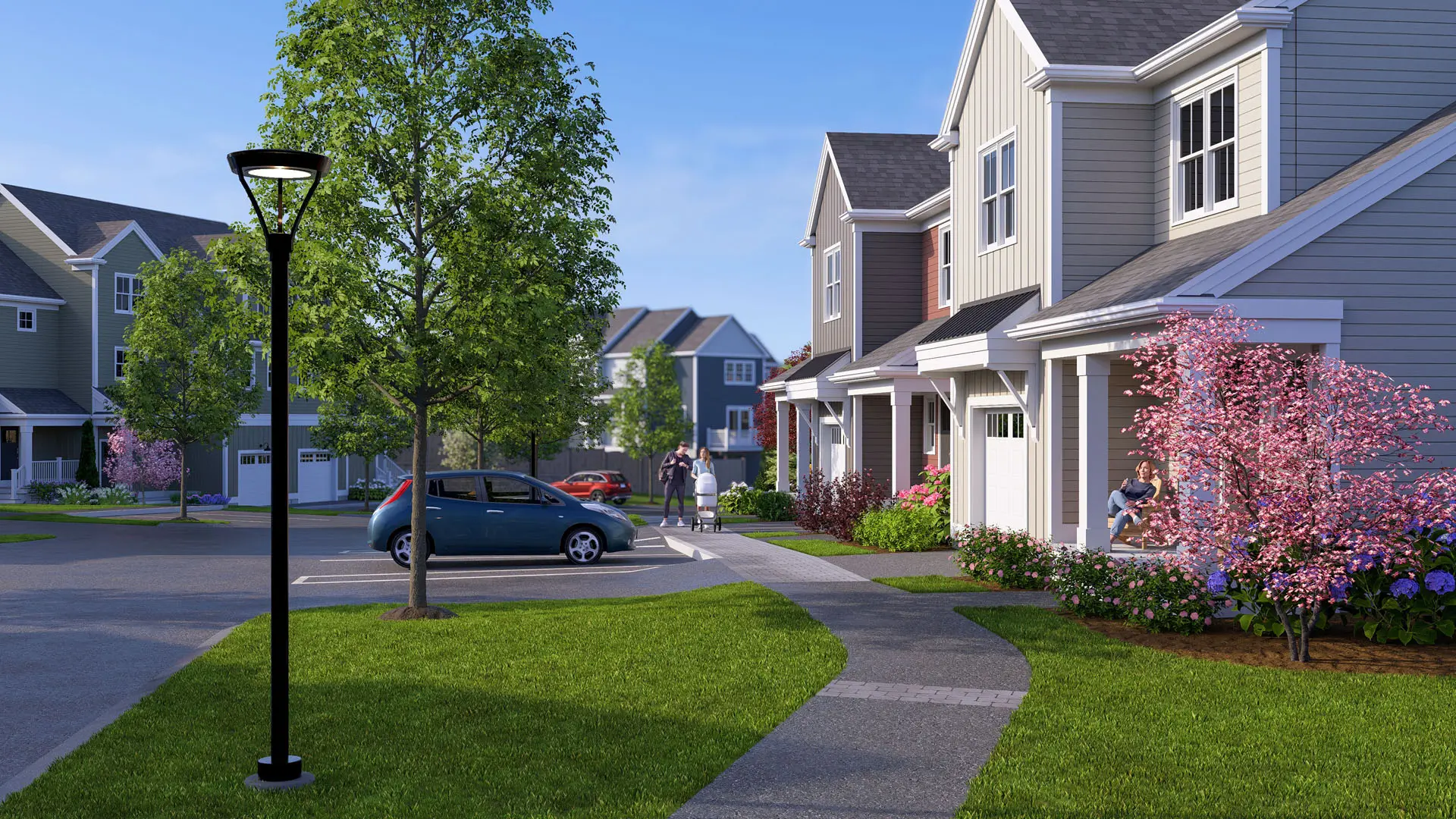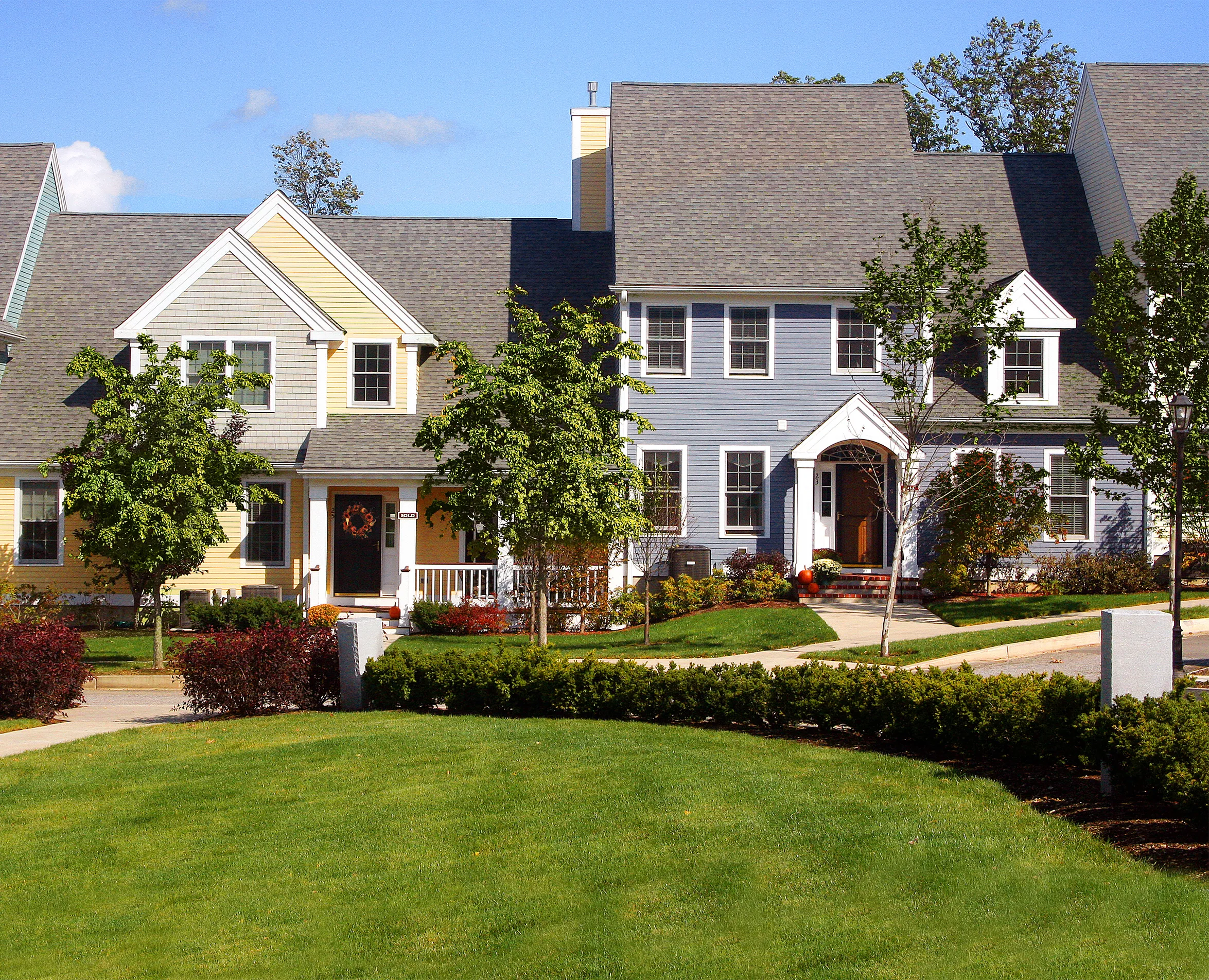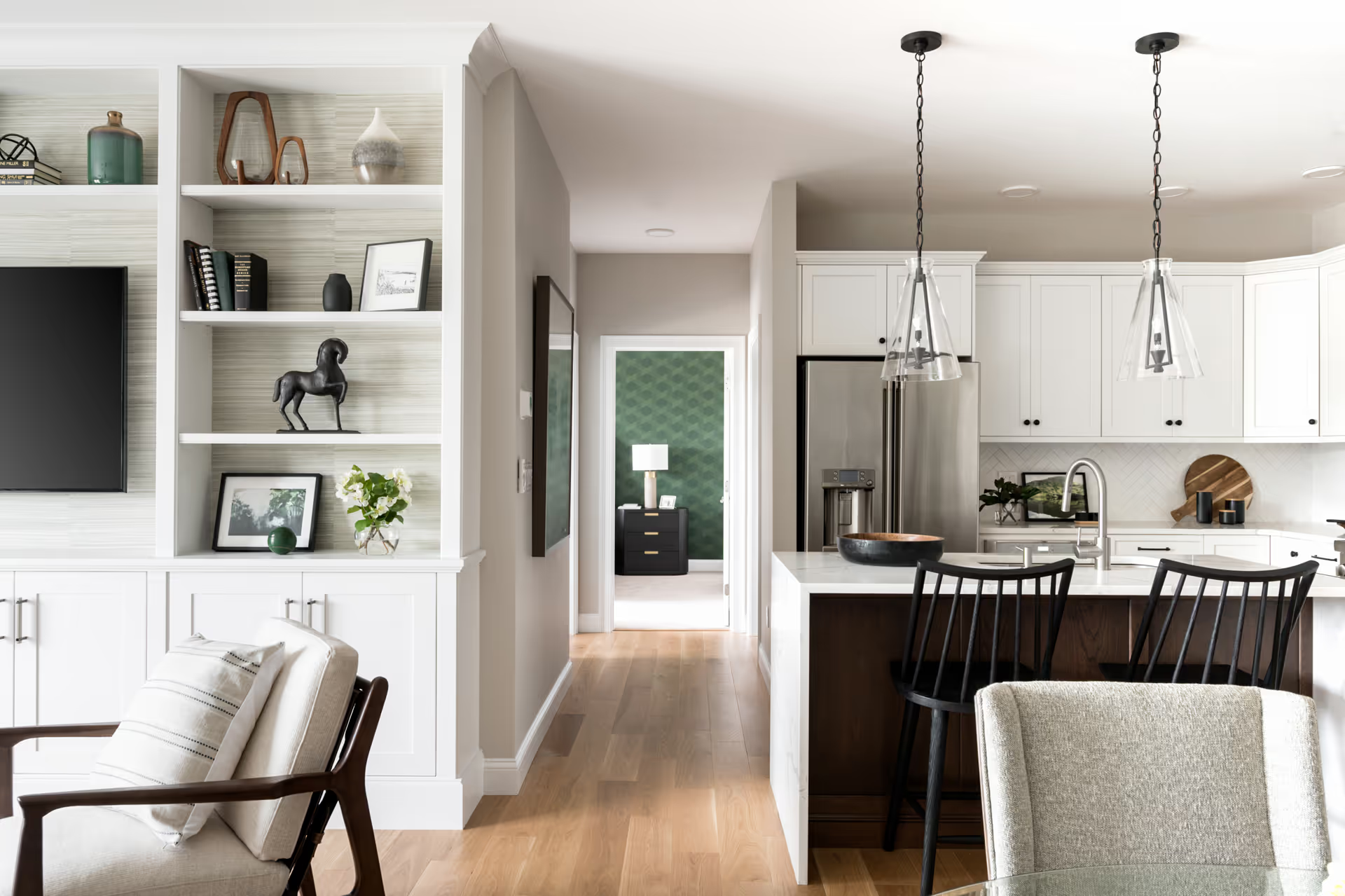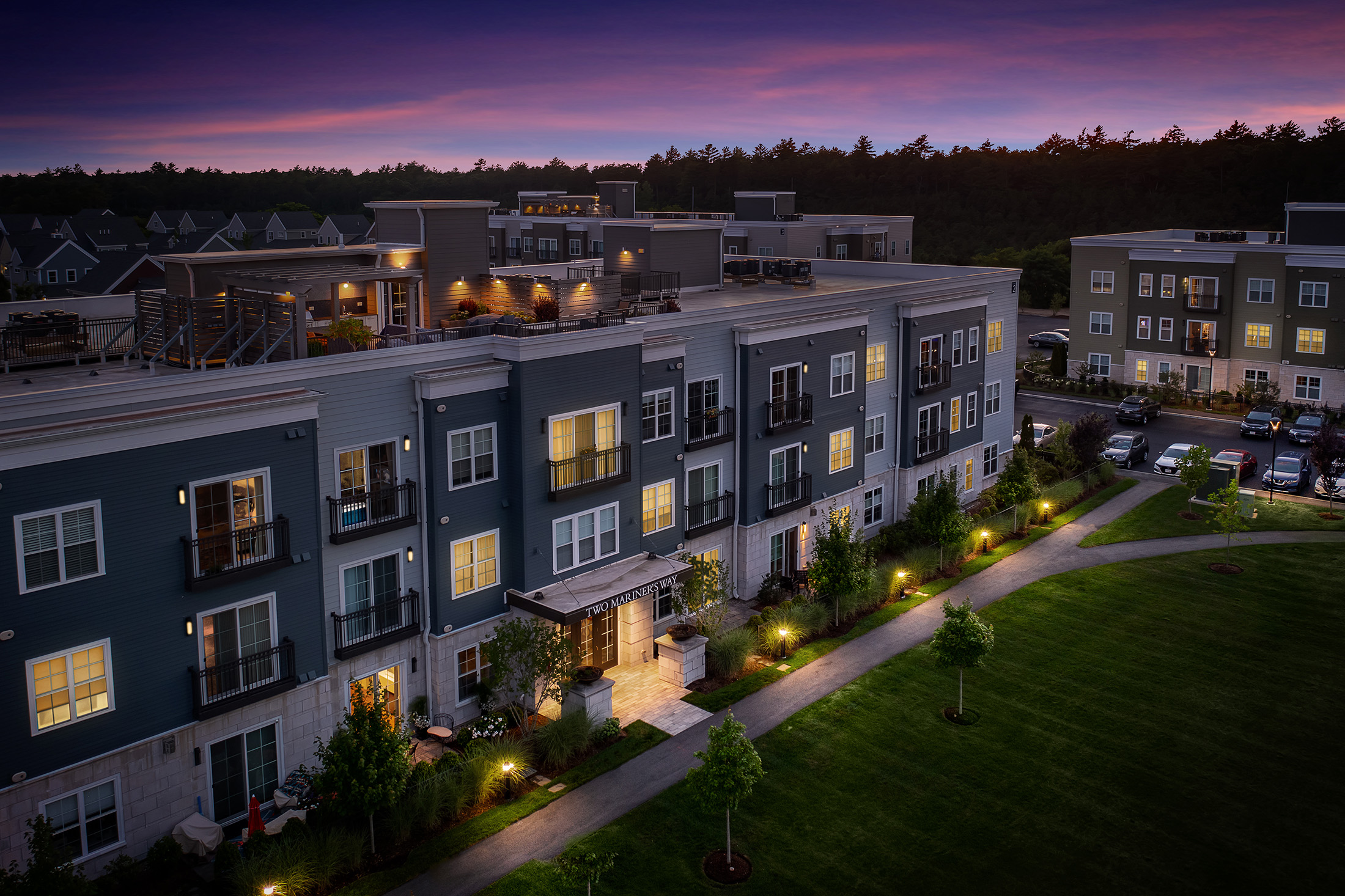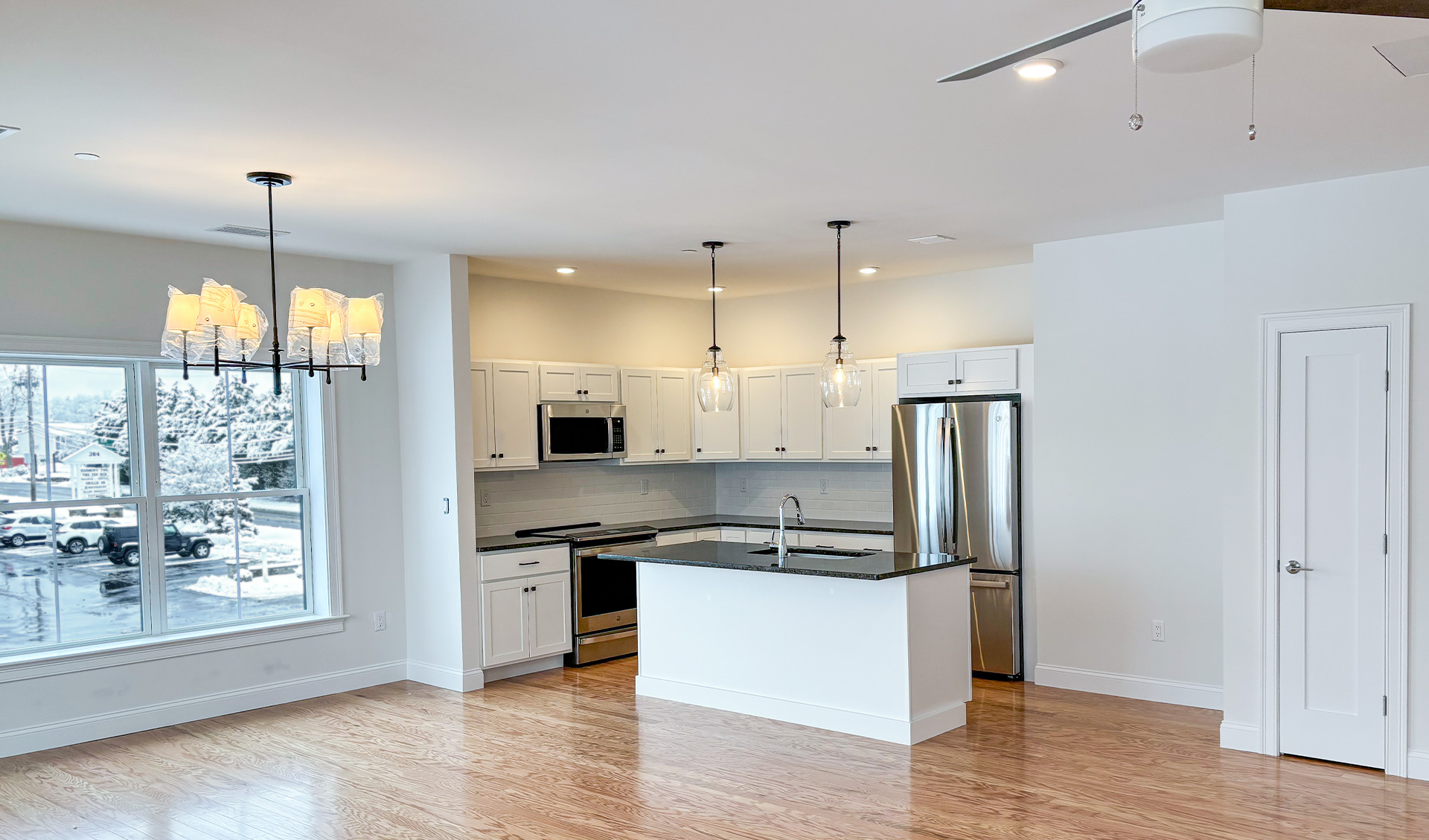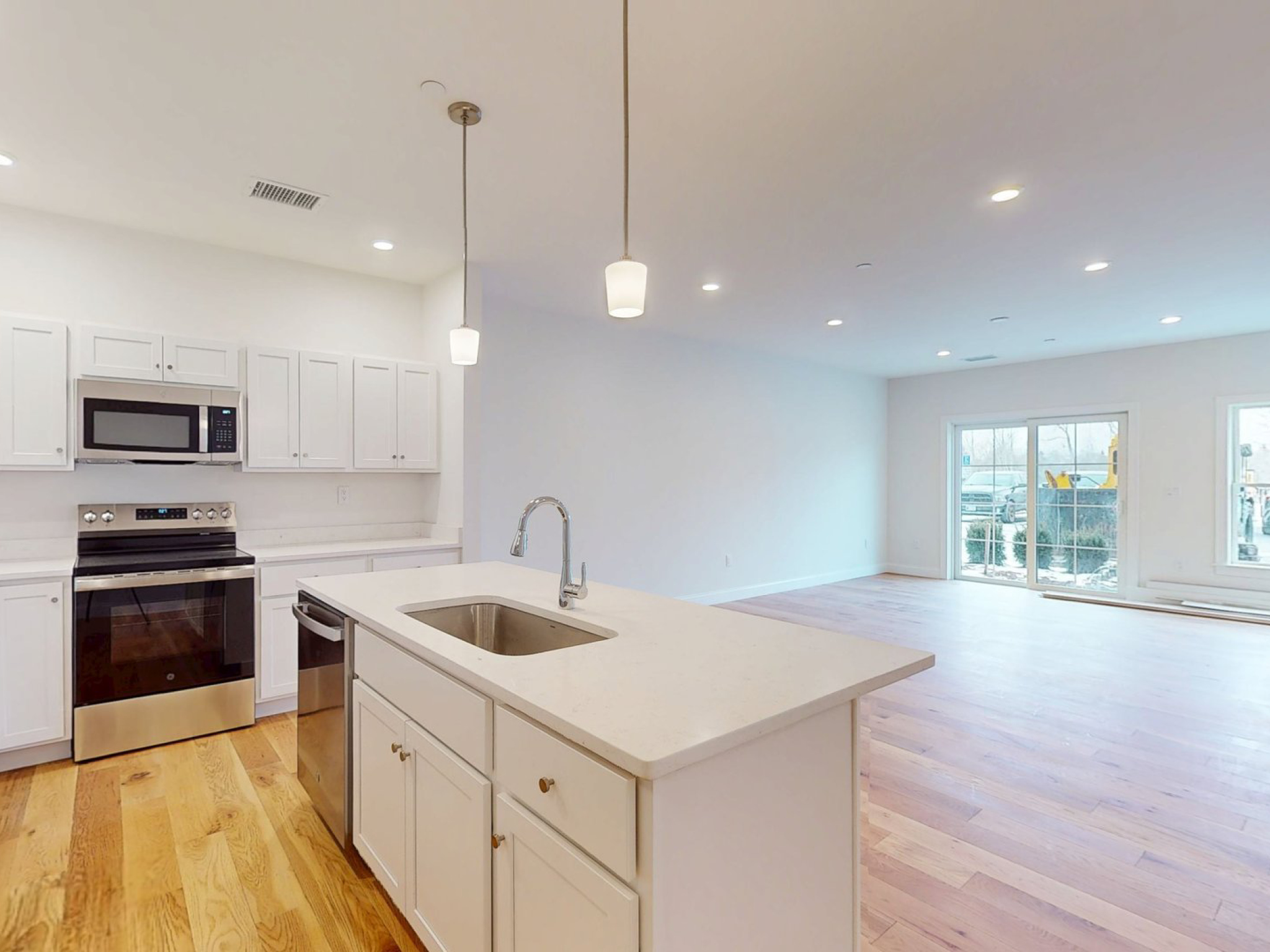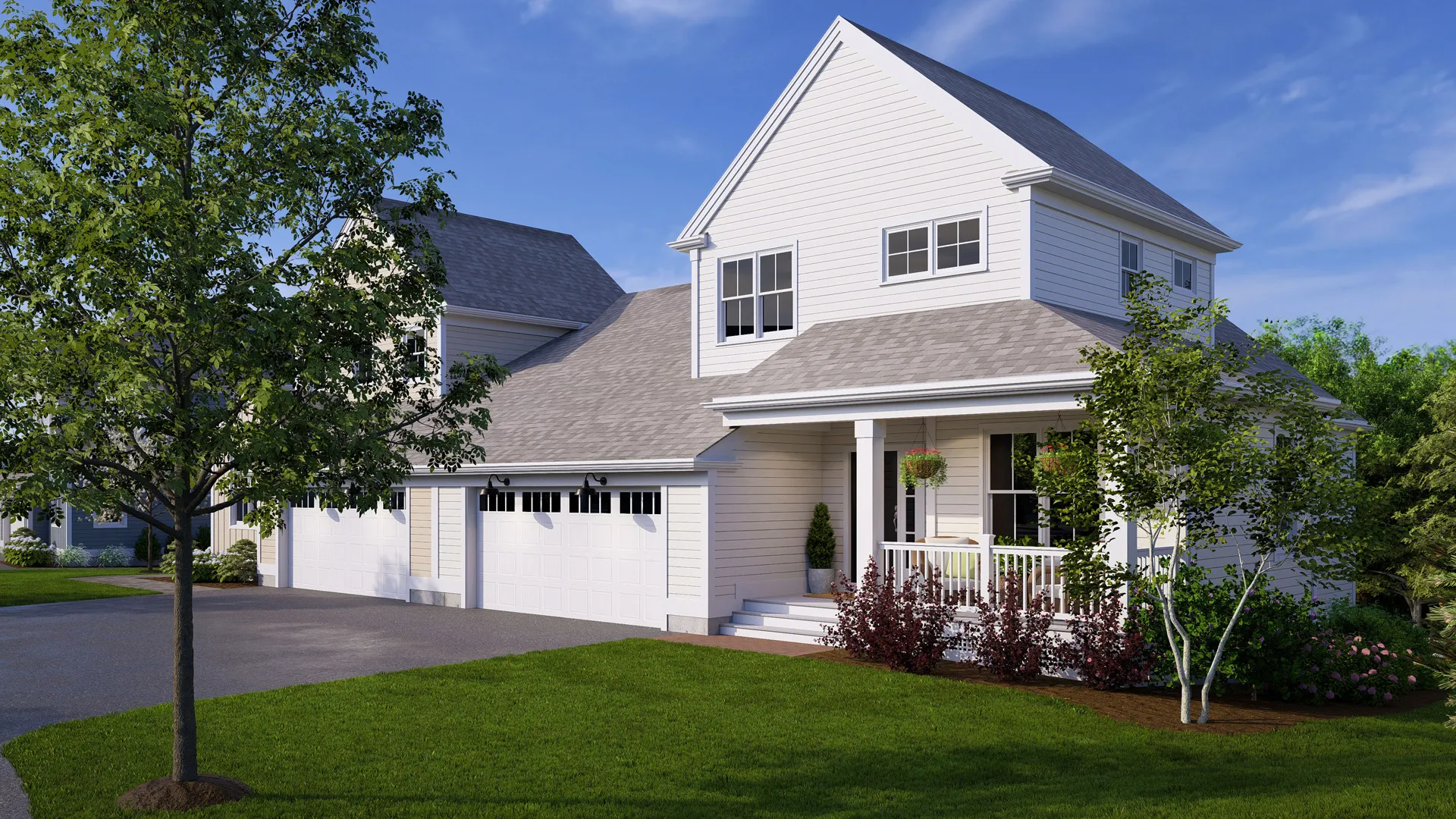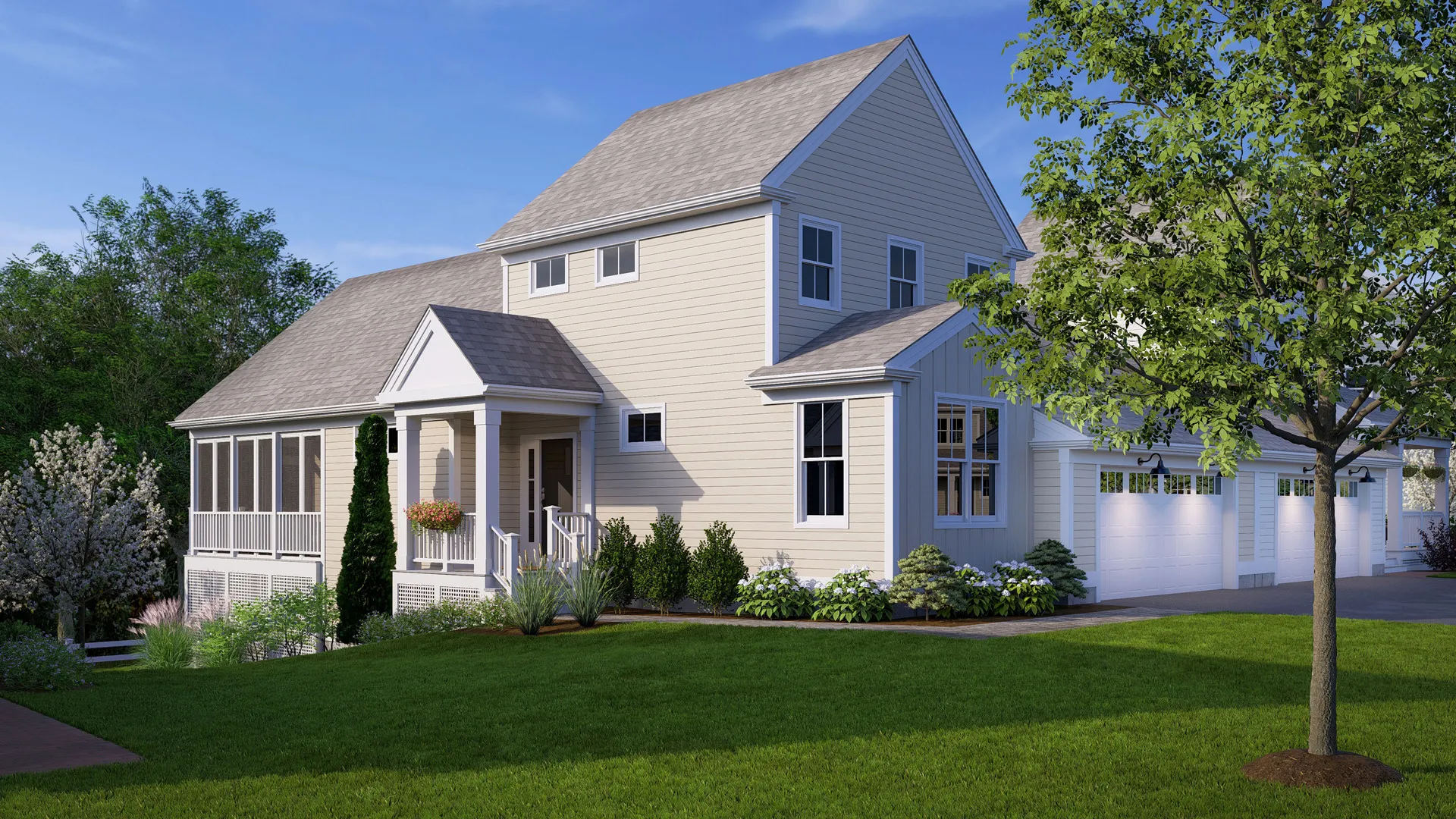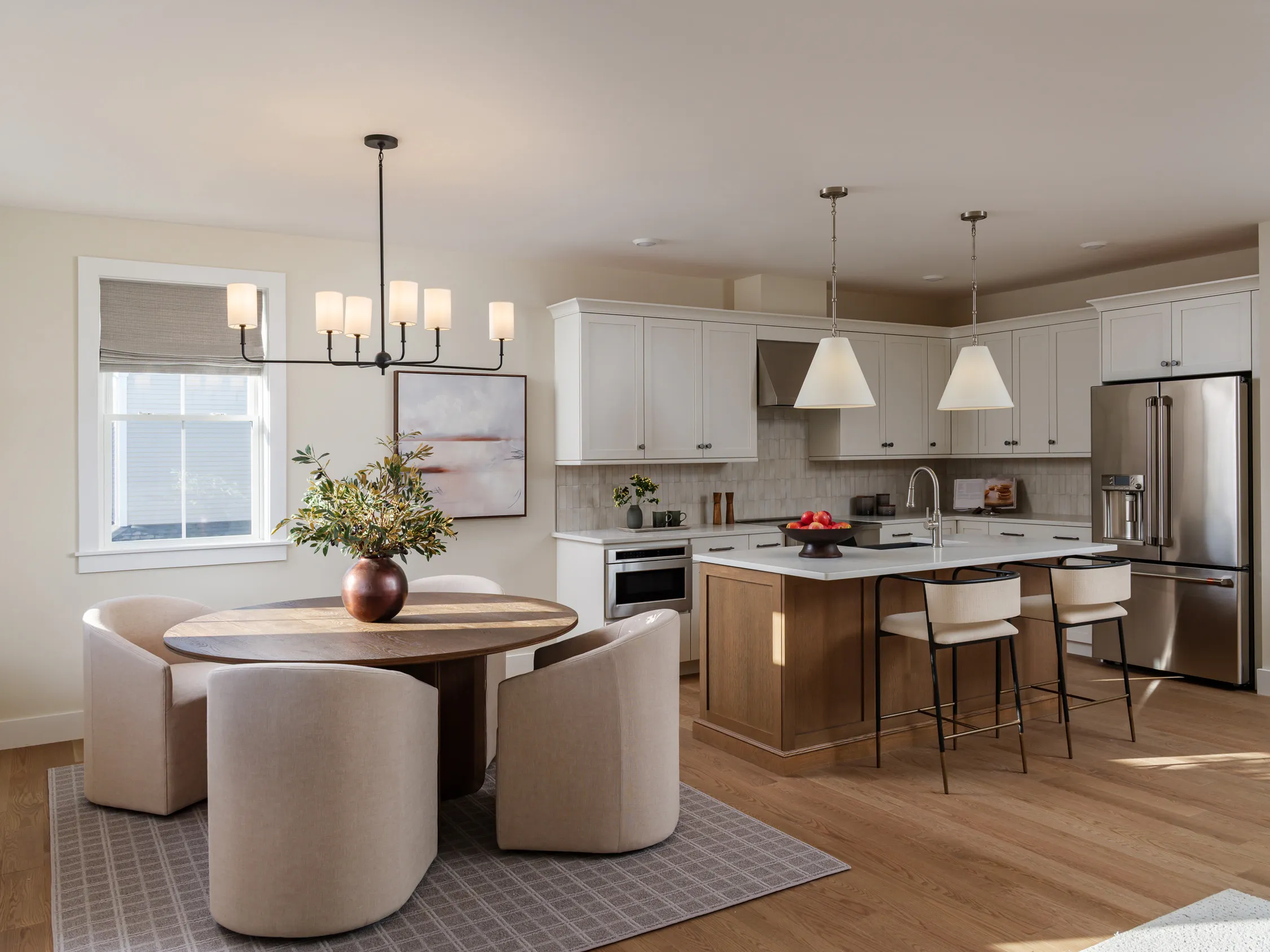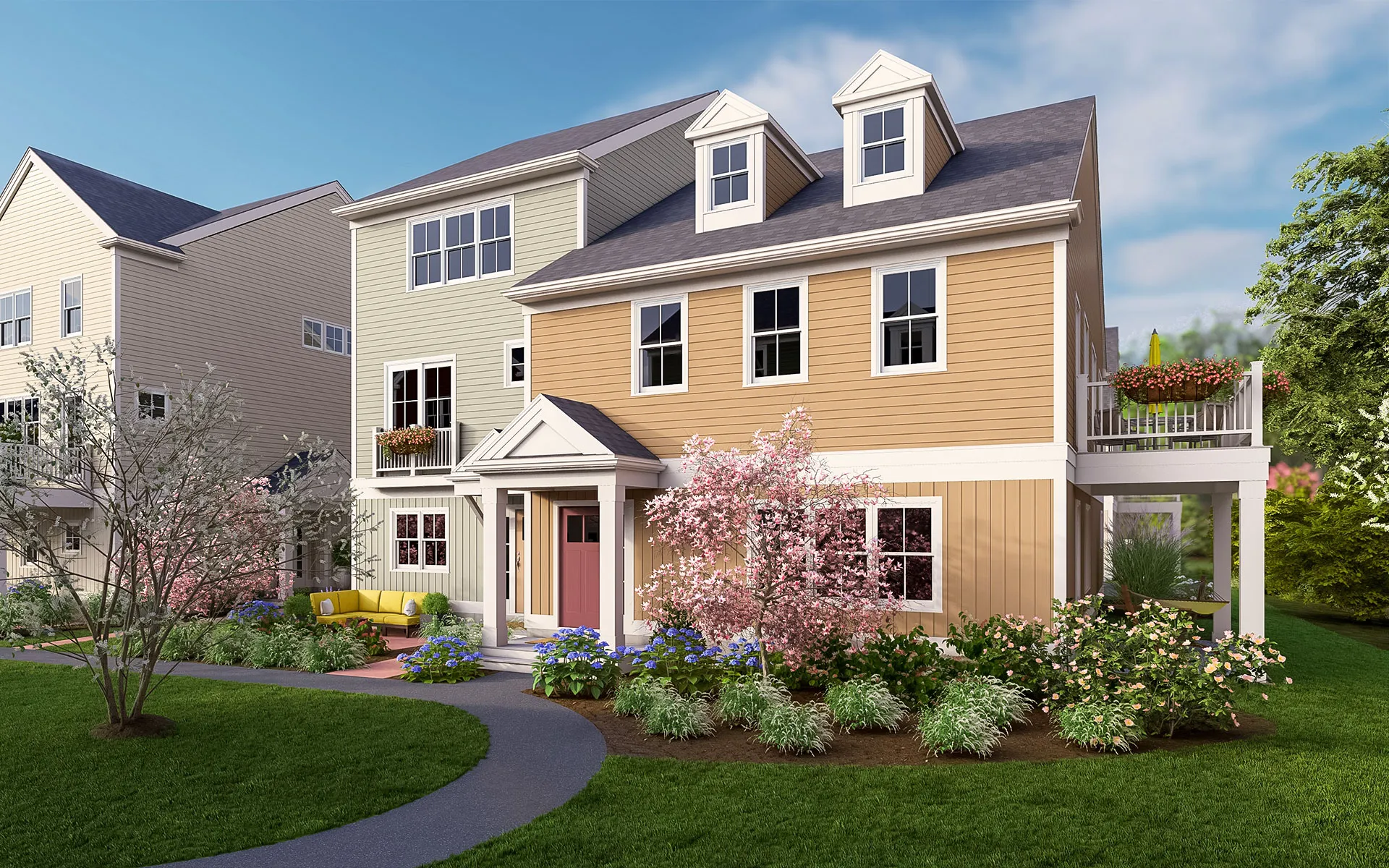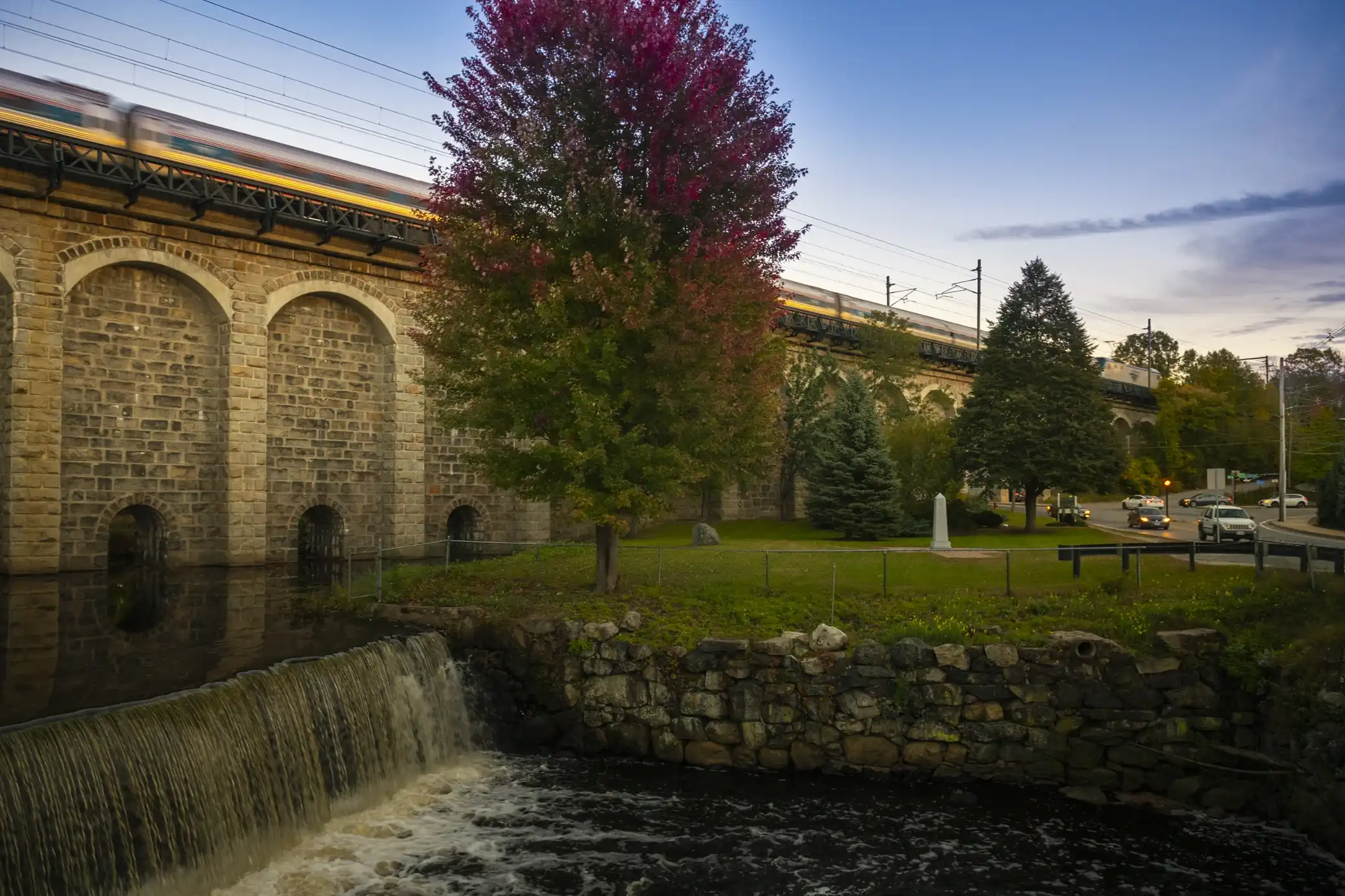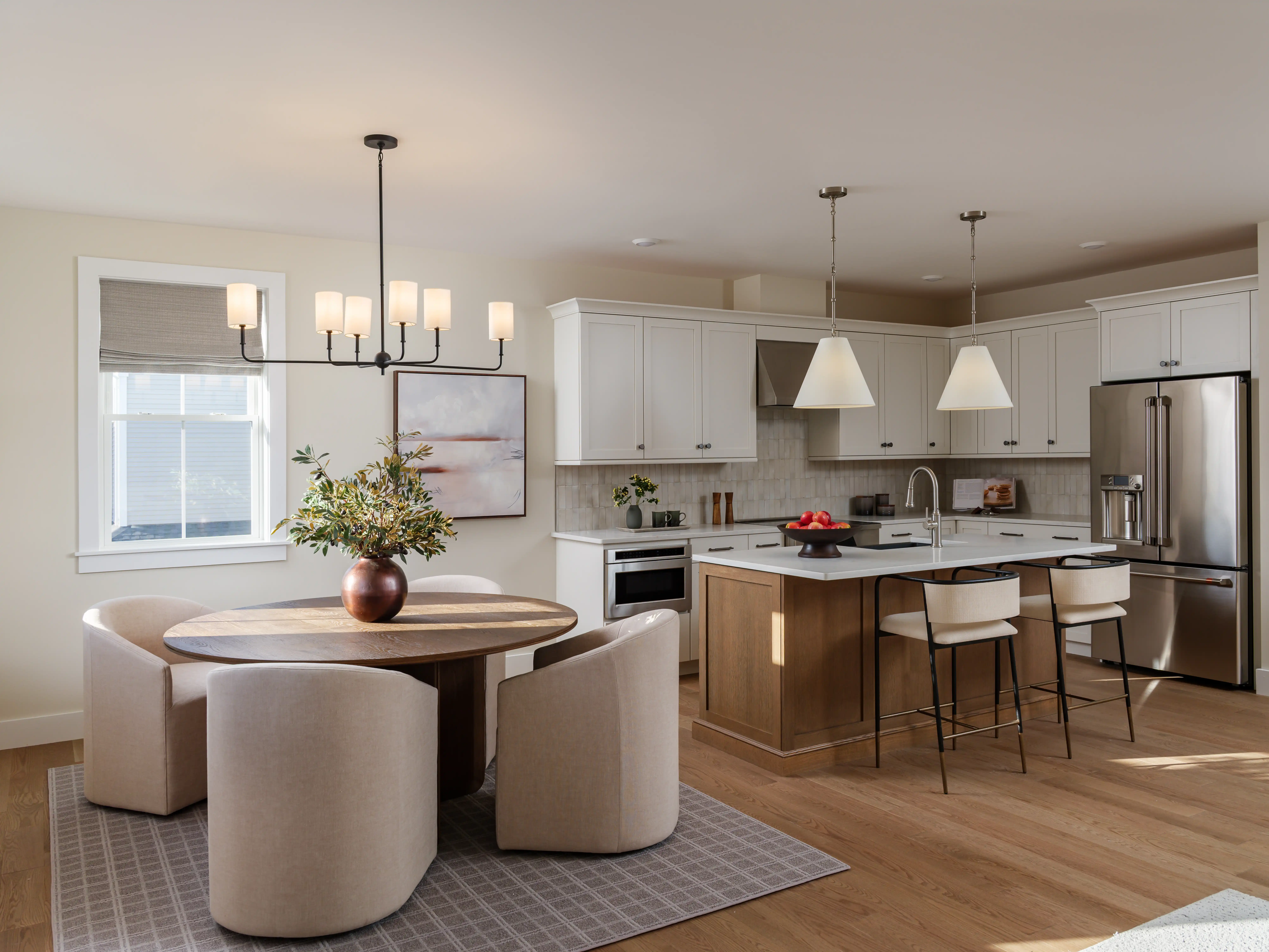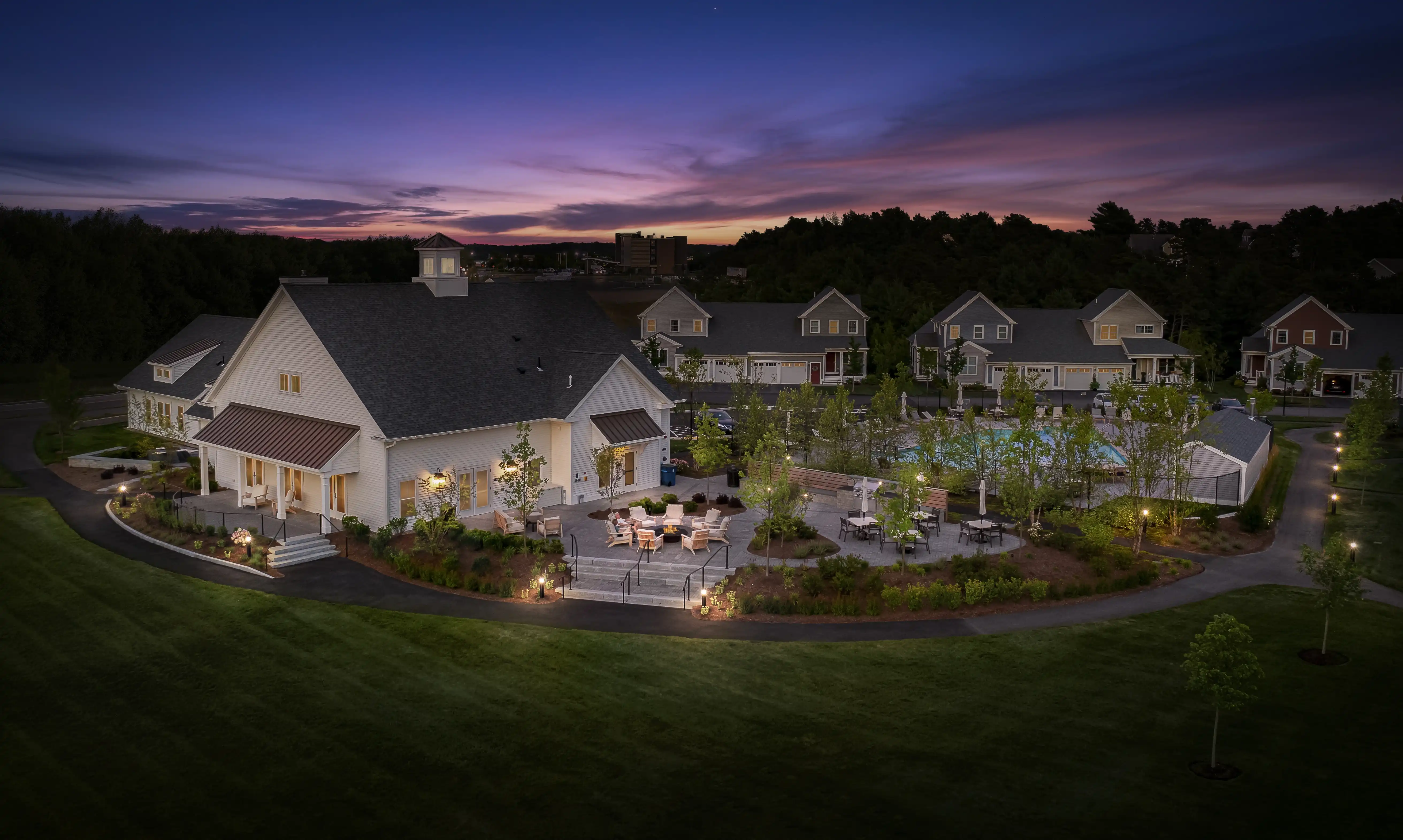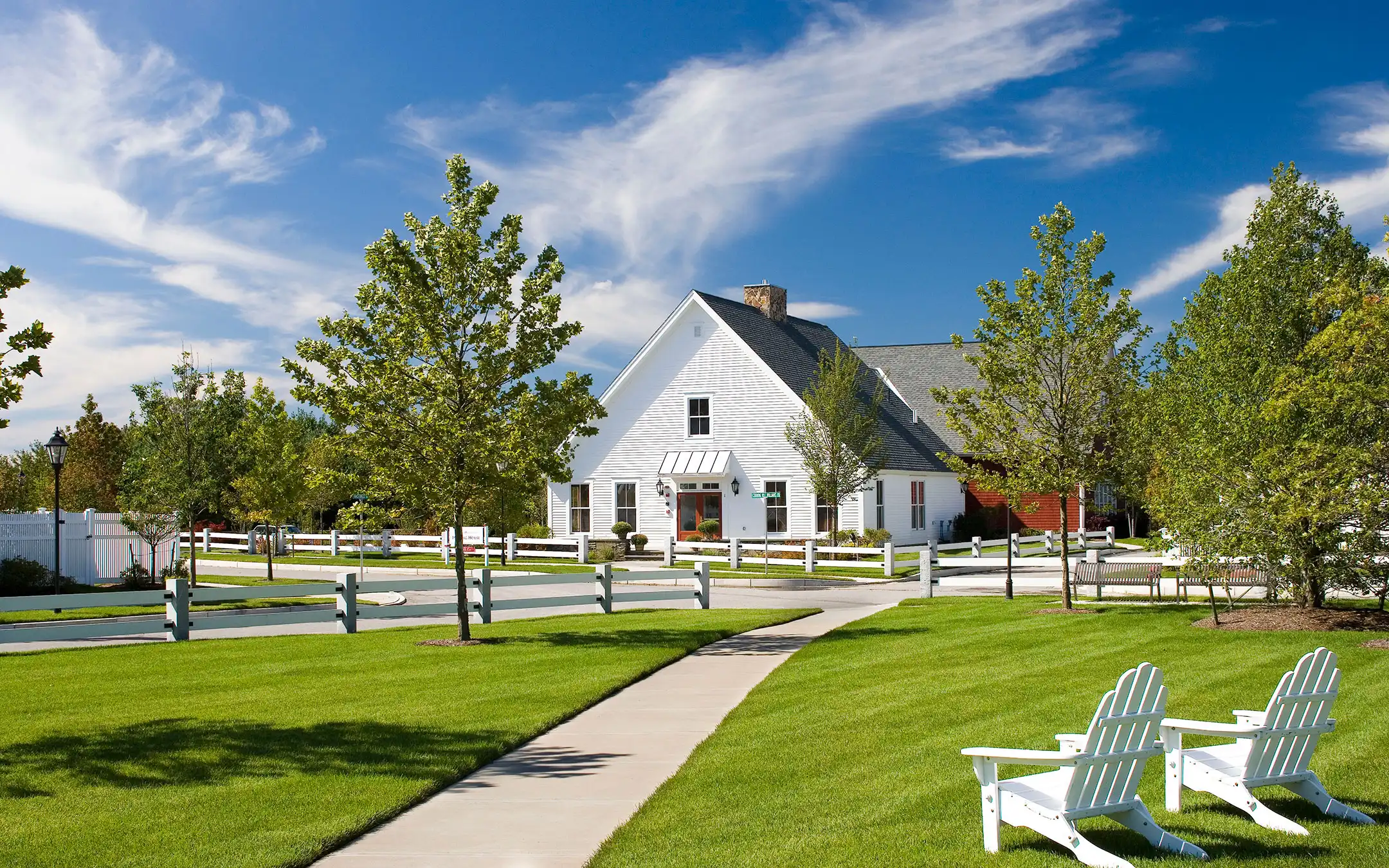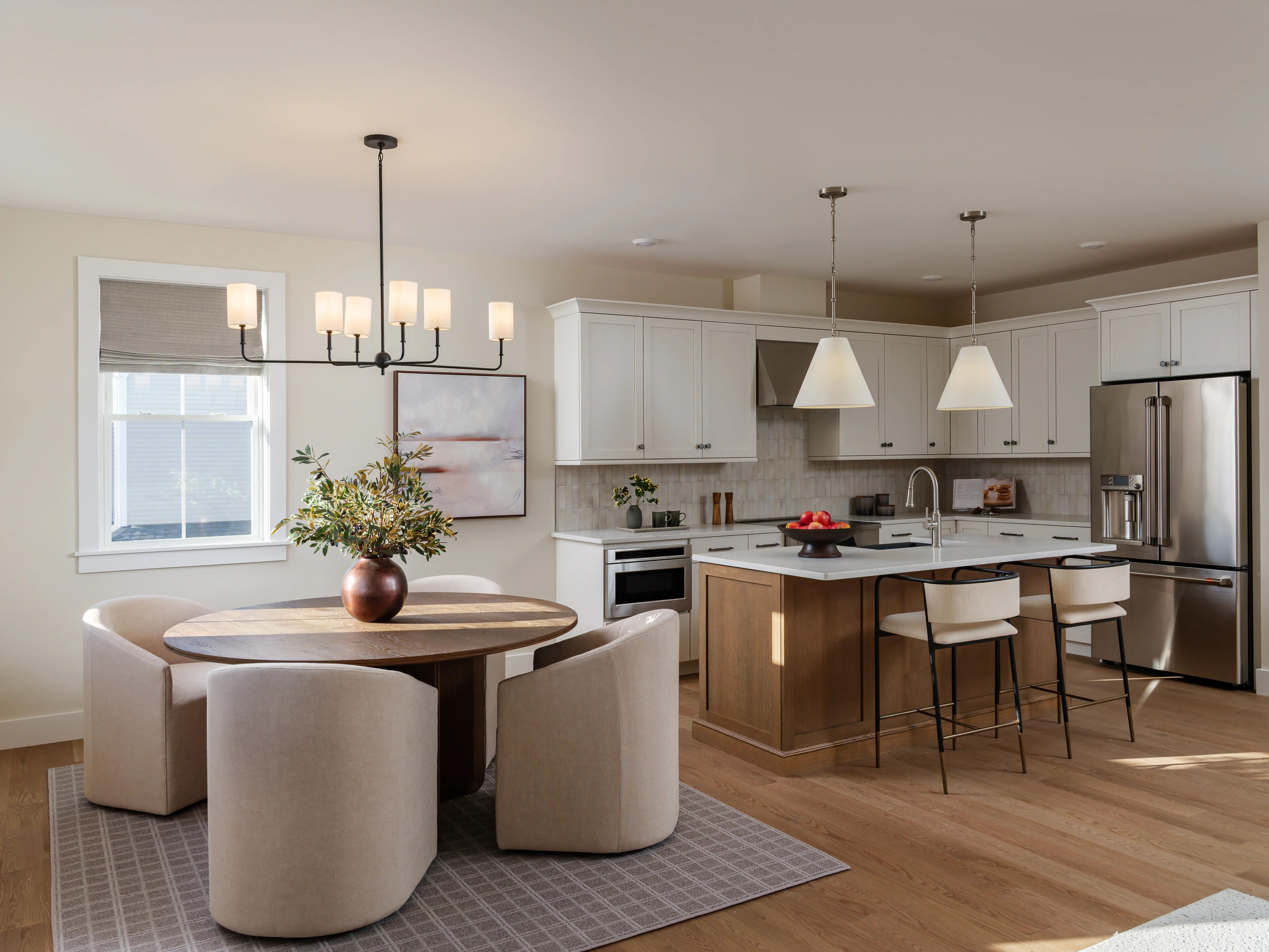Driving Directions to Plymouth, MA
Planning a road trip to historic Plymouth, Massachusetts? Conveniently located along the South Shore, Plymouth is easily accessible by car from several major metropolitan areas in New England. Whether you're coming from Boston, Providence, or Cape Cod, getting to “America’s Hometown” is a scenic and stress-free drive.
From Boston (Approx. 45 miles, ~1 hour)
The most direct route from Boston to Plymouth is via Interstate 93 South, transitioning to Route 3 South (Pilgrims Highway). Take Exit 13 or Exit 15, depending on your destination within Plymouth. This highway route offers a smooth drive with clear signage toward Cape Cod, and it's typically the quickest option unless you’re traveling during peak rush hour or summer weekends.
From Providence, RI (Approx. 65 miles, ~1.5 hours)
From Providence, hop on I-195 East, then merge onto Route 25 East, which connects with Route 3 North toward Boston. Follow Route 3 North to Exit 13 or Exit 15 into Plymouth. This drive is pleasant and straightforward, taking you through scenic parts of southeastern Massachusetts and Buzzards Bay.
From Cape Cod (Approx. 30 miles from Sandwich, ~40–60 minutes)
Coming from the Cape? Travel Route 6 West until you reach Route 3 North, then take the appropriate exit into downtown Plymouth or the waterfront. If you’re driving during summer, consider leaving early or late in the day to avoid bridge traffic over the Cape Cod Canal.
From Worcester/Central MA (Approx. 75 miles, ~1.5 hours)
Traveling from the Worcester area? Take I-90 East (Mass Pike) to I-495 South, then merge onto Route 44 East straight into Plymouth. Route 44 offers a scenic and less congested approach to the town center and connects conveniently with local attractions like Plimoth Patuxet Museums and Morton Park.
Local Economy & Employment
Plymouth's economy is both diverse and resilient, with strong foundations in healthcare, retail, hospitality, and technical services. The healthcare and social assistance sectors lead local employment, anchored by major institutions like Beth Israel Deaconess Hospital–Plymouth (formerly Jordan Hospital), which serves as the largest employer in the region. Retail trade and accommodation services follow closely behind, offering a wide array of positions ranging from management to frontline service roles, especially in vibrant commercial hubs like Colony Place and The Grove at Plymouth.
Emerging sectors such as construction, logistics, and professional and technical services continue to support growth, especially as new development areas in North Plymouth and The Pinehills attract commercial investments. The Pinehills, in particular, blends residential living with local business opportunities, including shops, cafes, and service providers, adding to the town’s employment base. Job seekers can find roles in economics, data analysis, transportation, and entry-level business management, with salaries often ranging between $50,000 and $130,000, depending on experience and industry.
Cultural Events & Community Festivals
Plymouth is rich with cultural traditions and community spirit, offering festivals and events throughout the year that reflect both its historic roots and modern creativity. One of the most anticipated is the Plymouth Waterfront Festival, held annually in August. This vibrant event features over 200 vendors, a classic car show, family-friendly entertainment zones, and the wildly popular duck race through Brewster Gardens. It draws thousands of visitors and locals alike for a day of celebration by the harbor.
In early August, the Plymouth Public Library hosts its Arts & Crafts Festival, spotlighting regional artisans, local musicians, and food vendors. As fall arrives, America’s Hometown Thanksgiving Celebration transforms downtown with a historic parade, reenactments, and live music—an immersive experience that pays tribute to the Pilgrims' legacy. Spring brings another unique tradition: the Running of the Herring, a natural spectacle celebrated with educational events along Town Brook. Even in winter, Plymouth doesn’t slow down. Forefathers' Day, observed on December 22, commemorates the landing of the Mayflower with ceremonial gatherings, readings, and a community meal featuring traditional New England succotash.
In addition to these larger events, Plymouth hosts regular concerts, holiday tree lightings, farmers markets, and film nights at local parks, all coordinated by the town or local civic groups. These happenings keep residents engaged and offer a strong sense of place year-round.
Real Estate Market
The Plymouth real estate market has seen steady growth in both activity and home values, making it a competitive but promising place to buy. Median home prices currently vary, depending on the neighborhood and property type. These values have shown consistent year-over-year appreciation, with many homes receiving multiple offers and selling quickly, often within 30 days of listing.
Buyers are especially drawn to neighborhoods like The Pinehills, a thoughtfully planned community featuring luxury homes, nature trails, golf courses, and a town center with shops and services. Central Plymouth also appeals to those seeking proximity to the historic waterfront, with housing options that include antique colonial homes, modern condos, and family-sized properties. Price per square foot in town averages between $350 and $395, reflecting a market that balances affordability with desirable amenities.
Though the pace is fast, Plymouth remains a good value compared to Boston or Cape Cod, offering more space, modern amenities, and access to nature without the premium prices of nearby cities or resort towns. For buyers looking to invest long-term or settle into a lively yet laid-back community, Plymouth’s housing market continues to be a smart choice.
Frequently Asked Questions:
Is It Easy to Find a Job in the Area?
Yes. Plymouth has a strong employment base, particularly in healthcare, retail, education, and professional services. Between local institutions and nearby urban centers, there are abundant opportunities for a range of skill levels.
How Family-Friendly is Plymouth?
Very. The town offers excellent public schools, safe neighborhoods, abundant parks, and a steady stream of family-oriented events. Its mix of natural beauty and community resources makes it an ideal place for raising children.
What’s Community Life Like Year-Round?
Plymouth is an active, civic-minded community. Residents participate in seasonal festivals, local arts and music events, volunteer opportunities, and neighborhood activities. There's a strong small-town feel with the convenience of city-scale amenities.
Explore Housing Options in Plymouth, MA:
Townhomes Near Me: Thorndike Development
Living the Dream at Pinehills Plymouth
New Homes for Sale in Plymouth
Buying Townhomes in Plymouth
Best Condos in Plymouth
New Construction in Plymouth
